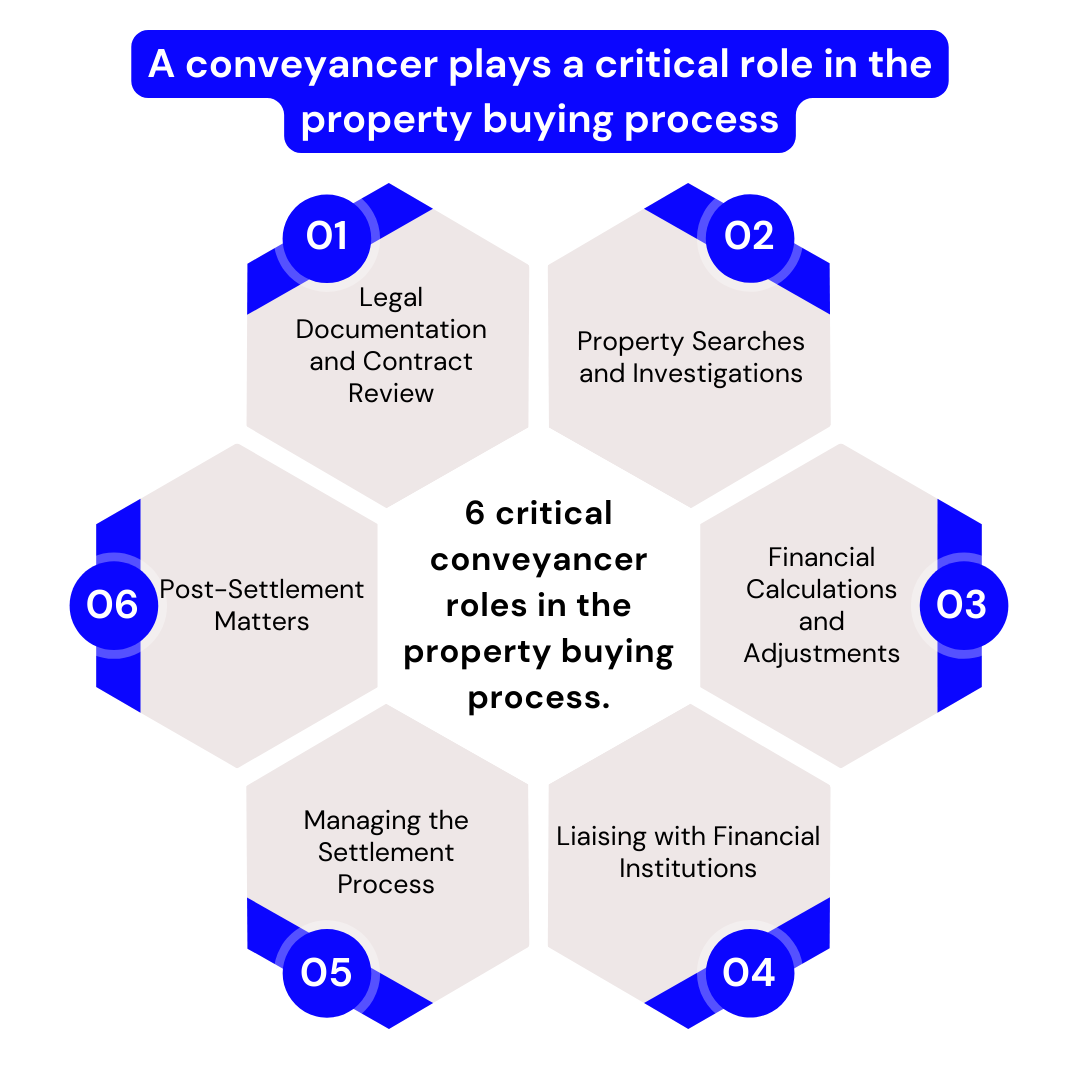The Main Principles Of Conveyancer
The Main Principles Of Conveyancer
Blog Article
Facts About Conveyancer Revealed
Table of ContentsThe Of ConveyancerWhat Does Conveyancer Mean?Conveyancer Can Be Fun For EveryoneThe Buzz on ConveyancerLittle Known Questions About Conveyancer.
This entails sending a transfer deed to the Land Computer registry. It ensures the purchaser's name is signed up as the new proprietor. Communicating with the Land Windows registry, a government department, updates the general public document with the residential or commercial property's latest proprietor. The customer's lawyer handles the stamp task land tax obligation after possession transfer.It's payable to HM Income & Traditions. Customers require to pay this immediately, typically within 14 days of conclusion, to avoid fines. Property acquisitions included fees, and conveyancing is no exemption. Conveyancing fees cover 2 primary locations: the conveyancer's charge and disbursements. The conveyancer's cost is for the legal job of transferring property.
Dealt with fee conveyancing bills a set price for conveyancing job. No Sale No Cost conveyancing ('NSNF') bills just if the purchase is successful.
Make sure no hidden fees are consisted of. Comparing these quotes assists in making a notified decision. Selecting a specialist is key to a smooth residential or commercial property purchase. For a conveyancer search, ask friends or family members that have actually purchased home. Their experience can guide you. Estate representatives might likewise advise conveyancers. However, guarantee that such suggestions aren't just for payment.
Conveyancer - Questions
While both conveyancing lawyers and accredited conveyancers are extra than qualified of handling the entire buying and offering process, if there are any type of various other legal elements that should be dealt with during the deal (such as just how you leave property in your Will), a conveyancing solicitor might be a better selection.

You must know that nearly constantly conveyancers pay recommendation charges to the representatives for introduction of a brand-new customer. Considered that the estate representative gets a monetary advantage if you pick their conveyancer, you ought to take into consideration all of your choices and see several conveyancer and compare their charges and evaluations
Inquire about their regional property experience, charges, and the anticipated conveyancing timeline. Confirm their call information for easy interaction. You might have listened to the term 'self-conveyancing'. While practically possible, the process brings dangers and obstacles. It is feasible to do your own conveyancing. Nothing legally restricts purchasers and vendors from acting as their own conveyancer.
About Conveyancer
Conveyancing entails lots of legal terms and detailed processes. One oversight can jeopardise your home rights.
A conveyancer has the knowledge to manage complexities, ensuring a smoother procedure. A conveyancer helps when you're selling. A conveyancer helps in the prep work of legal records required for the property sale. These files consist of title deeds, building information types, and components and fittings checklists. Composing the sale contract is one more job, describing regards to sale, residential or commercial property cost, borders, and rights of means.

Conveyancer for Beginners
This article will certainly clarify the relevance of the duty and the different types of professional conveyancers.

Conveyancers have to adhere to legal procedures when preparing and refining papers for the transfer of residential property from someone to another. A conveyancer can just act on part of both celebrations in certain conditions - for example, if the 2 Full Article celebrations are related or they are in service collaboration with each other. A conveyancer needs to not act for both parties if they have a dispute of interest in connection to the purchase.
Conveyancing businesses need to have specialist indemnity insurance. You need to show evidence of the insurance policy when you restore your registration each year - for example, a duplicate of the insurance coverage certification.
What Does Conveyancer Mean?
Conveyancing is the legal process by which the lawful ownership of a stationary building is gotten. Primarily, a brand-new act of transfer is prepared by a conveyancer and lodged at the deeds office. In this article, we will certainly consider every little thing you require to learn about conveyancing. A conveyancer is an attorney who has specialised (and certified) in the prep work of actions files which by law are registrable in the Deeds Pc registry.

A conveyancer is essentially the transfer attorney of a residential property, a bond attorney participating in to a new bond registration, or a termination attorney addressing the cancellation of existing bond(s). The conveyancer obtains all the legal documentation in order to be able to submit with the Deeds Office. When you buy a building, the seller will certainly my blog designate a conveyancer that will submit with the Deeds Workplace to get the property moved to your name.
Report this page